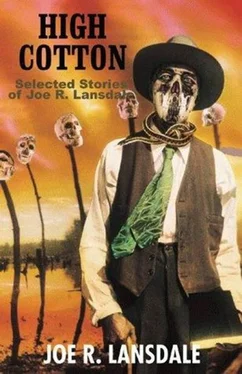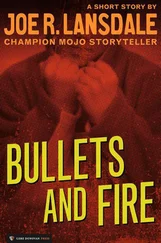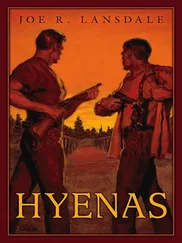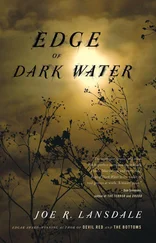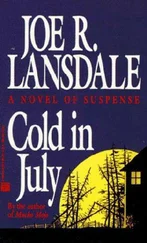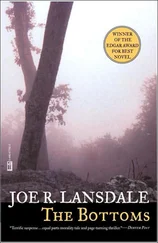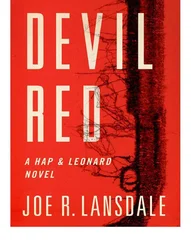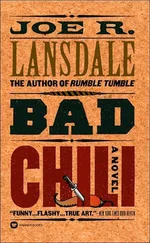Another thing just hit me about this Baptist business, and I'll go ahead and get it off my chest. Here we are getting rid of the whites and the niggers, and you and some others have adopted their silly religion. I admit that our own is pretty damned dumb (Great Heap Big Spirit, Ugh), but doesn't that kind of thing, accepting their religion, give the lowlifes a sort of existence through us? Think about it.
Guess while I'm bad mouthing them, might as well admit I'm against the trend that wants to drop all of their ways, as some of them would just be too difficult to adopt. This two moons and two suns bit is just ridiculous. With automobiles that method is no longer correct. What used to be a two day trip is now only a matter of hours. And this switch over from their language to ours, the use of Cherokee writing for all tribes, is going to be a pain. I mean we'll all be speaking our tribal languages, translating the writing to Cherokee and when we all get together how are we going to converse? Which language will we pick? Cherokee for writing, because of their good alphabet, makes sense, but which will be the superior tribal language, and how's it going to go down with folks when one is chosen over all the others?
Oh, to hell with it. This old gal is going to have to get to stepping or she isn't going to have time to get dressed and moving.
Best to you,
Running Fox
This was my attempt to write something quiet and sneaky and creepy. I wrote it specifically with Charlie Grant and the anthology series he edited in the 1980's, «Shadows», in mind. I wanted to write a story that had the feel of the old Alfred Hitchcock TV series, and I think I did just that. It could be called a story of witchcraft. A ghost story. A story of psychological suspense. It sort of depends on the reader.
THE LIGHTHOUSE WAS GREY AND BRUTALLY weathered, kissed each morning by a cold, salt spray. Perched there among the rocks and sand, it seemed a last, weak sentinel against an encroaching sea; a relentless, pounding surf that had slowly swallowed up the shoreline and deposited it in the all-consuming belly of the ocean.
Once the lighthouse had been bright-colored, candy-striped like a barber's pole, with a high beacon light and a horn that honked out to the ships on the sea. No more. The lighthouse director, the last of a long line of sea watchers, had cashed in the job ten years back when the need died, but the lighthouse was now his and he lived there alone, bunked down nightly to the tune of the wind and the raging sea.
Below he had renovated the bottom of the tower and built rooms, and one of these he had locked away from all persons, from all eyes but his own.
I came there fresh from college to write my novel, dreams of being the new Norman Mailer dancing in my head. I rented in with him, as he needed a boarder to help him pay for the place, for he no longer worked and his pension was as meager as stale bread.
High up in the top was where we lived, a bamboo partition drawn between our cots each night, giving us some semblance of privacy, and dark curtains were pulled round the thick, foggy windows that traveled the tower completely around.
By day the curtains were drawn and the partition was pulled and I sat at my typewriter, and he, Howard Machen, sat with his book and his pipe, swelled the room full of grey smoke the thickness of his beard. Sometimes he rose and went below, but he was always quiet and never disturbed my work.
It was a pleasant life. Agreeable to both of us. Mornings we had coffee outside on the little railed walkway and had a word or two as well, then I went to my work and he to his book, and at dinner we had food and talk and brandies; sometimes one, sometimes two, depending on mood and the content of our chatter.
We sometimes spoke of the lighthouse and he told me of the old days, of how he had shone that light out many times on the sea. Out like a great, bright fishing line to snag the ships and guide them in; let them follow the light in the manner that Theseus followed Ariadne's thread.
"Was fine," he'd say. "That pretty old light flashing out there. Best job I had in all my born days. Just couldn't leave her when she shut down, so I bought her."
"It is beautiful up here, but lonely at times."
"I have my company."
I took that as a compliment, and we tossed off another brandy. Any idea of my writing later I cast aside. I had done four good pages and was content to spit the rest of the day away in talk and dreams.
"You say this was your best job," I said as a way of conversation. "What did you do before this?"
He lifted his head and looked at me over the briar and its smoke. His eyes squinted against the tinge of the tobacco. "A good many things. I was born in Wales. Moved to Ireland with my family, was brought up there, and went to work there. Learned the carpentry trade from my father. Later I was a tailor. I've also been a mason — note the rooms I built below with my own two hands — and I've been a boat builder and a ventriloquist in a magician's show."
"A ventriloquist?"
"Correct," he said, and his voice danced around "me and seemed not to come from where he sat.
"Hey, that's good."
"Not so good really. I was never good, just sort of fell into it. I'm worse now. No practice, but I've no urge to take it up again."
"I've an interest in such things."
"Have you now?"
"Yes."
"Ever tried a bit of voice throwing?"
"No. But it interests me. The magic stuff interests me more. You said you worked in a magician's show?"
"That I did. I was the lead-up act."
"Learn any of the magic tricks, being an insider and all?"
"That I did, but that's not something I'm interested in," he said flatly.
"Was the magician you worked for good?"
"Damn good, m'boy. But his wife was better."
"His wife?"
"Marilyn was her name. A beautiful woman." He winked at me. "Claimed to be a witch."
"You don't say?"
"I do, I do. Said her father was a witch and she learned it and inherited it from him."
"Her father?"
"That's right. Not just women can be witches. Men too."
We poured ourselves another and exchanged sloppy grins, hooked elbows, and tossed it down.
"And another to meet the first," the old man said and poured. Then: "Here's to company." We tossed it off.
"She taught me the ventriloquism, you know," the old man said, relighting his pipe.
"Marilyn?"
"Right, Marilyn."
"She seems to have been a rather all-around lady."
"She was at that. And pretty as an Irish morning."
"I thought witches were all old crones, or young crones. Hook noses, warts.»
"Not Marilyn. She was a fine-looking woman. Fine bones, agate eyes that clouded in mystery, and hair the color of a fresh-robbed hive."
"Odd she didn't do the magic herself. I mean, if she was the better magician, why was her husband the star attraction?"
"Oh, but she did do magic. Or rather she helped McDonald to look better than he was, and he was some good. But Marilyn was better.
"Those days were different, m'boy. Women weren't the ones to take the initiative, least not openly. Kept to themselves. Was a sad thing. Back then it wasn't thought fittin' for a woman to be about such business. Wasn't ladylike. Oh, she could get sawed in half, or disappear in a wooden crate, priss and look pretty, but take the lead? Not on your life!"
I fumbled myself another brandy. "A pretty witch, huh?"
"Ummmm."
"Had the old pointed hat and broom passed down, so to speak?" My voice was becoming slightly slurred.
"It's not a laughin' matter, m'boy." Machen clenched the pipe in his teeth.
"I've touched a nerve, have I not? I apologize. Too much sauce."
Machen smiled. "Not at all. It's a silly thing, you're right. To hell with it."
Читать дальше
